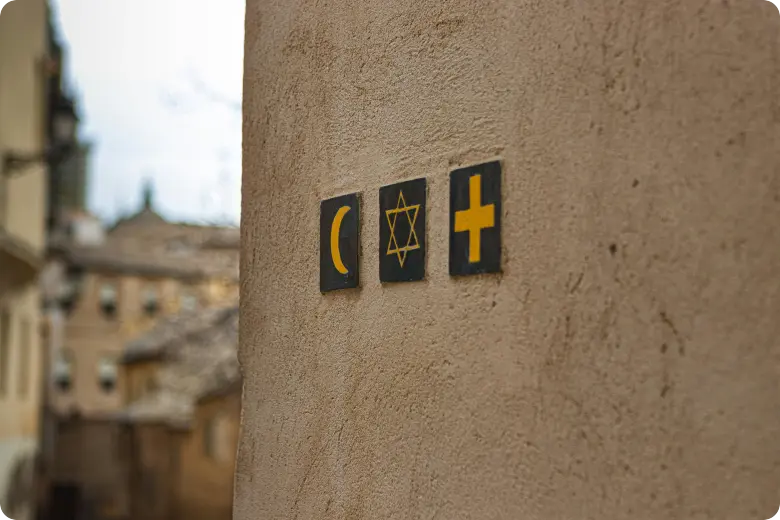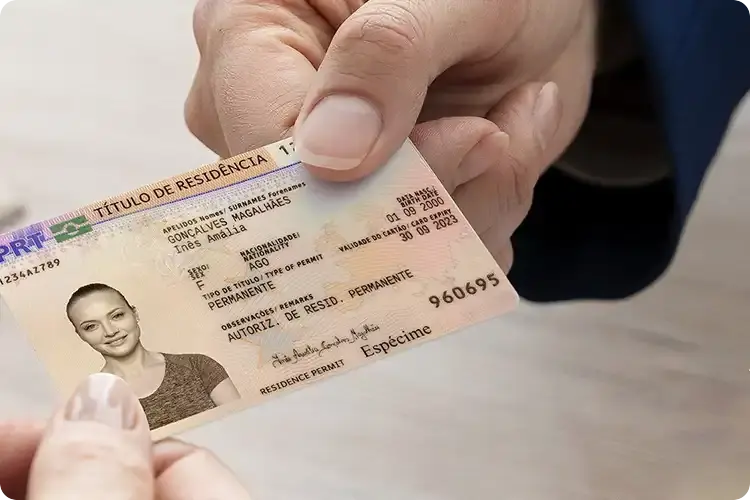1. Culinary traditions: Portuguese Christmas feasts
Portuguese Christmas cuisine reflects the country's rich culinary heritage, with families gathering around tables brimming with seasonal dishes and sweets.
The Consoada: Christmas eve dinner
The centerpiece of Christmas in Portugal is the Consoada, a traditional Christmas Eve meal where family and friends come together.
The star of this feast is bacalhau com todos (boiled cod with vegetables), a dish that symbolizes family unity and tradition. Served with boiled potatoes, cabbage, hard-boiled eggs, and doused in olive oil, the meal is as much about flavor as it is about tradition.
In northern regions, octopus is also popular, while dishes like roast lamb or turkey may appear in the Alentejo region.
Sweet treats for the season
After the main meal, dessert is an essential part of the evening, with classic treats taking center stage:
- Bolo Rei (King Cake): A ring-shaped cake filled with dried fruits and nuts, symbolizing the Magi's gifts.
- Bolo Rainha (Queen Cake): A variation of Bolo Rei, excluding the candied fruits.
- Filhós (fried dough), rabanadas (Portuguese-style French toast), and sonhos, or 'bola de berlim' (light, fried doughballs), are also beloved during this season, providing a sweet and comforting end to the meal.
Families often get together again on Christmas Day to enjoy leftovers from the Consoada or additional dishes like roast lamb and turkey, dedicating the day to togetherness and relaxation.
2. Traditions: religion and family gatherings
Portugal has a rich tradition of blending religious observance with family-centered customs to make Christmas special.
The midnight mass: Missa do Galo
Following the Consoada, many families attend the Missa do Galo (Midnight Mass), a longstanding Catholic tradition that celebrates the birth of Jesus Christ. For religious families, this service is a highlight of the season, offering a moment for prayer and reflection.
Gift giving and amigo secreto
Portuguese gift-giving is characterized by simplicity and thoughtfulness, emphasizing the gesture over the material value of the gift. Families typically exchange presents after the midnight mass on Christmas Eve or on Christmas morning, depending on family traditions.
Gifts are often modest, focusing on meaningful items rather than extravagance and reflecting the Portuguese value of togetherness over material wealth.
In workplaces, schools, and among friends, Amigo Secreto (Secret Santa) is a popular and fun tradition, allowing people to exchange small, thoughtful gifts in the weeks leading up to Christmas.
































